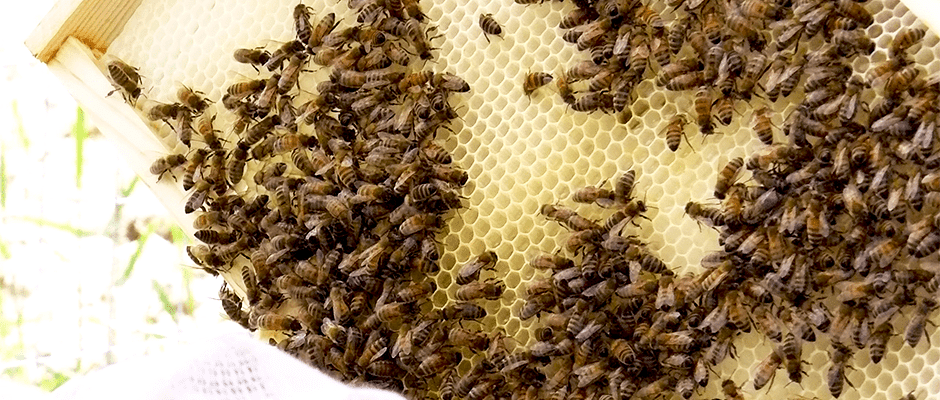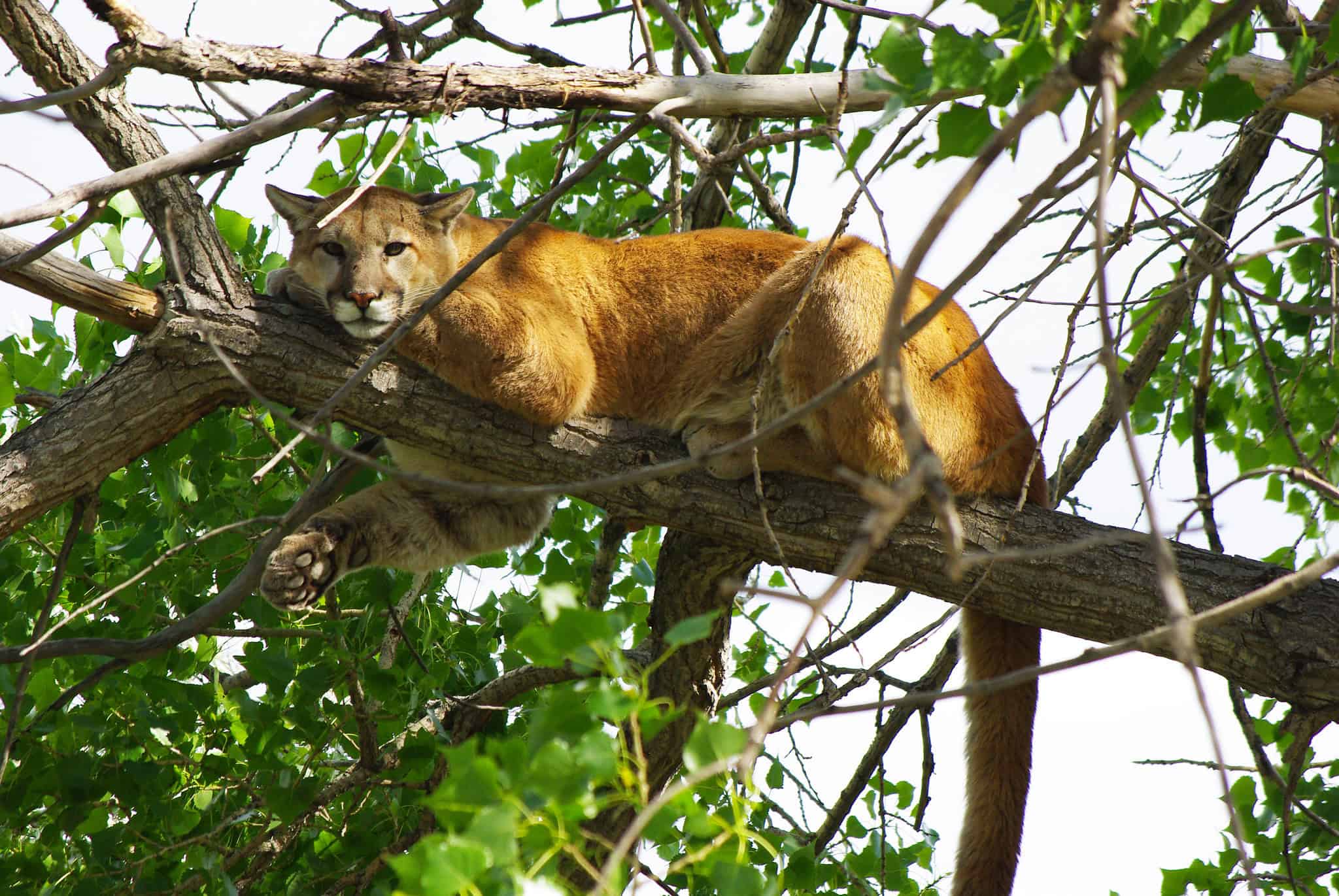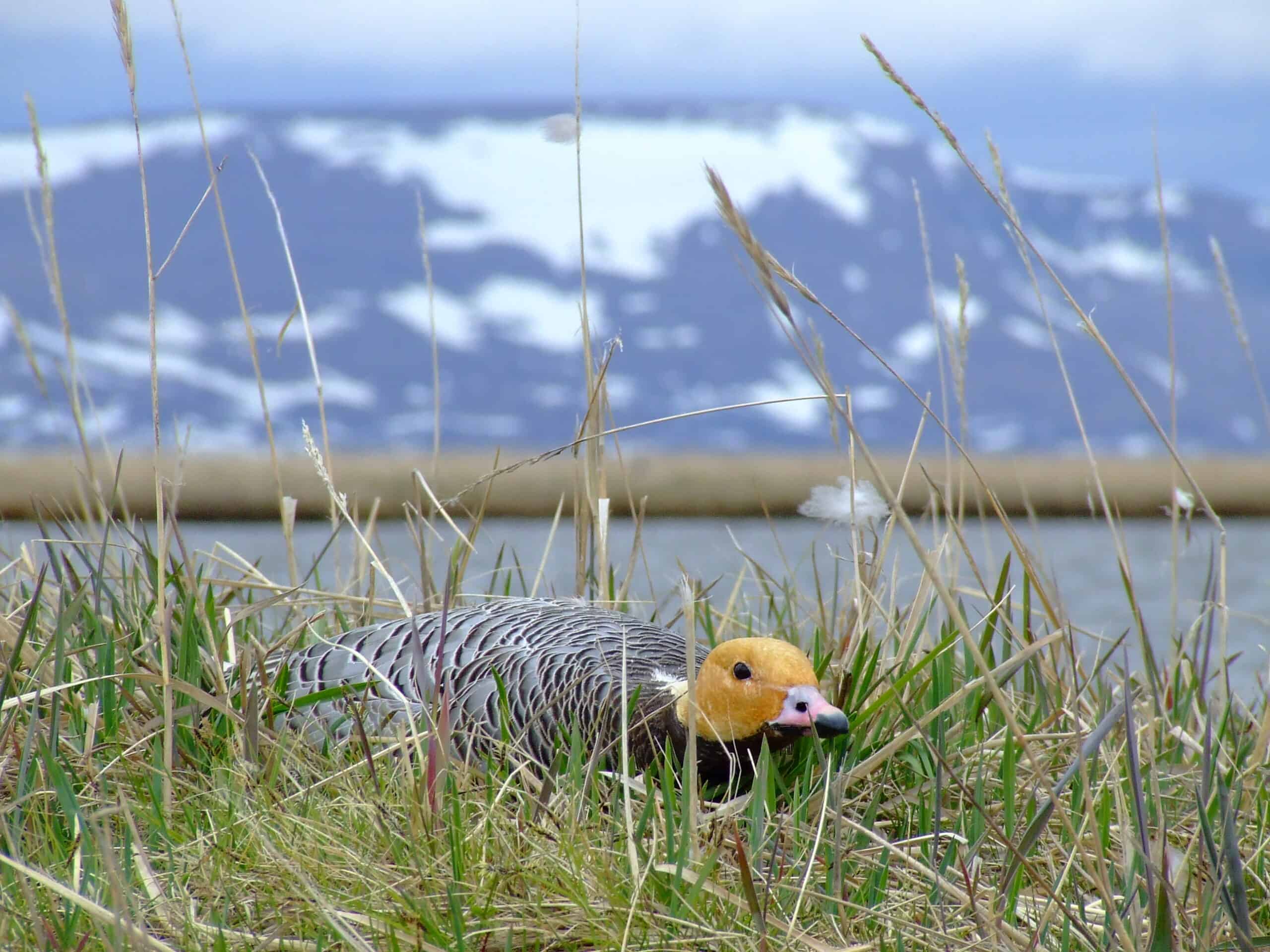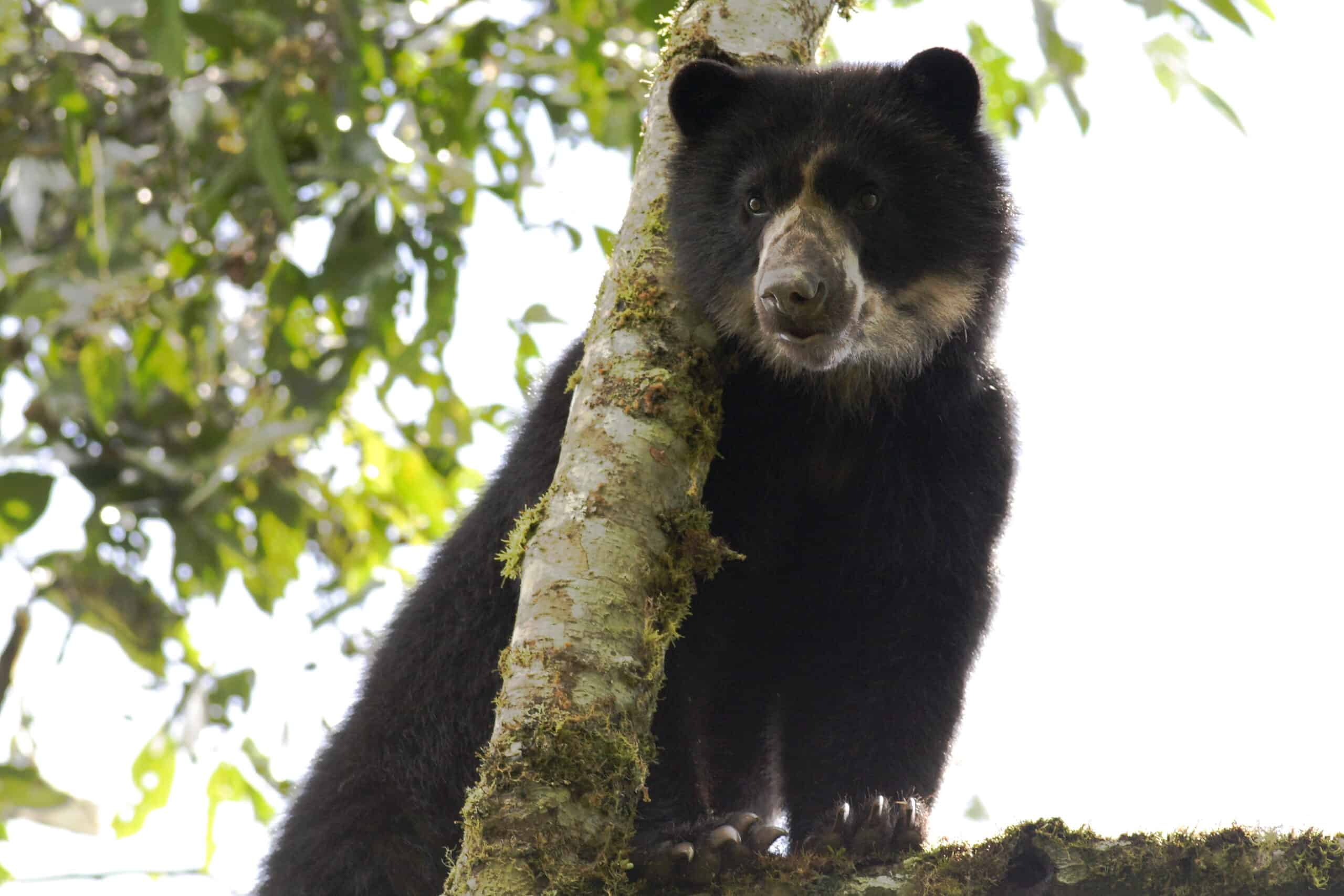Share this article
Feed a Bee launches RFP for $500,000 pollinator forage initiative
Research Triangle Park, NC — Bayer, in coordination with the new Feed a Bee steering committee, today announced a call for proposals to establish additional forage for pollinators in all 50 states by 2018. Bayer’s Feed a Bee program, currently in its third year, has rallied more than 900,000 individuals and 117 partner organizations to plant more than 2 billion wildflowers across the U.S., creating and expanding forage areas for pollinators. Through this new initiative, Feed a Bee will build on the success of the program to fund forage initiatives and plantings for pollinators in every state in the U.S., working with organizations across the nation.
To further the reach of Feed a Bee and contribute to additional forage development, the Feed a Bee Steering Committee, comprised of more than a dozen Feed a Bee partners, including R.D. Offutt Company, Sweet Virginia Foundation, Project Apis m., amongst others, as well as representatives from the Bayer Bee Care Program, will distribute $500,000 in funding over the next two years.
“We convened the steering committee to address an extreme need, now more than ever, to invest in forage and planting initiatives across the country,” said Dr. Becky Langer, project manager, North American Bee Health, Crop Science, a division of Bayer. “Today’s announcement represents a collaborative effort of some of the leading bee health stakeholders who are making it our mission to support the expansion of these programs and make sure organizations in every state in the U.S. have the opportunity to bring their pollinator initiatives to life.”
The committee is requesting forage initiative proposals that will promote pollinator health and help provide a tangible solution to the current lack of forage. Organizations including, but not limited to, nonprofits, growers (individual and trade groups), beekeepers (individual and associations), businesses, schools, clubs, gardening groups, government agencies, etc. are encouraged to submit a proposal.
Forage initiatives in each state must include the following priorities to be considered for funding:
- Establishing pollinator forage via a dedicated planting or habitat restoration led by the applying organization. Examples of activities may include but are not limited to establishing a pollinator garden, increasing acreage of existing forage, management of right of way vegetation, restoration of native habitat land, etc. Location must be viable and able to support pollinator forage plants (wildflowers, ornamentals or trees) and pollinators, including (but not limited to) farms, community/urban gardens, schools, rights-of- way, etc.
- Education initiative encouraging others to establish pollinator forage. Promote pollinator education to third parties, sharing with them the importance of planting diverse, abundant forage to provide pollinators with enough food.
Proposals should address one or more of the above priority areas and include:
- Executive project summary (500 words max.)
- Requested dollar amount with itemized budget
- Proposal – background, objective, methods, results
- Partners involved in project
- Project site – If requesting funds for planting, is the site currently available or still to be identified? How will it be maintained after installation?
Funding will be distributed in grants of $1,000; $2,500 or $5,000, and proposals will be accepted on a rolling basis. Proposals submitted before March 31, 2017 will be considered for initiatives and events to occur July – September 2017. The first projects funded will be announced during National Pollinator Week, June 19-25, 2017. Visit FeedABee.com/Impact beginning March 3, 2017, for more information on how to submit proposals.
The Feed a Bee Steering Committee members forging this program forward with the help of facilitator Sarah Myers, education lead at the Bayer Bee Care Center, include:
- Barry Nevaras, Massey Services
- Becky Langer, Bayer Bee Health
- Billy Synk, Project Apis m.
- Dan Price, Sweet Virginia Foundation
- Diane Wilson, Applewood Seed
- Doris Mold, American Agri-Women
- Keith Norris, The Wildlife Society
- Nikki Hindle, Ernst Conservation Seed
- Rick Johnstone, IVM Partners
- Sandy Farber, University of D.C.
- Scott Longing, Texas Tech University
- Scott Witte, The Bee Barometer Project at Cantigny Golf
- Vince Restucci, R.D. Offutt Company
- Zac Browning, Honey Bee and Monarch Butterfly Partnership
Feed a Bee is one of several programs sponsored by Bayer’s Bee Care Program, continuing its nearly 30 years of supporting bee health. For more information on Bayer’s bee health initiatives, please
Visit http://beehealth.bayer.us. You can also follow and share with us on Twitter @BayerBeeCare, on Facebook at facebook.com/BayerBeeCareCenter and view photos on Flickr.
Header Image: ©Teal Waterstrat/USFWS








